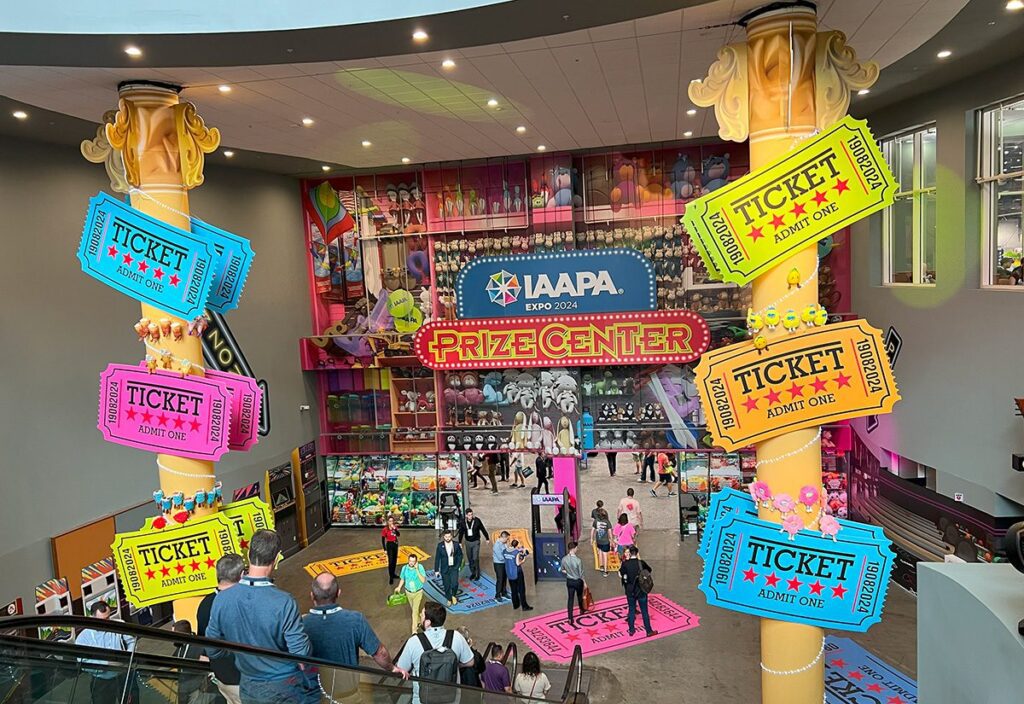My mother had a distant cousin from Boston who’d visit us in New York occasionally. He was the classic Irish ne’er-do-well, with the flamboyance of a character from Dickens and the moral fiber of one from Joyce.
Whenever he’d visit, he’d bring an authentic Boston cream pie, although the receipt in the bag would reveal that he’d just bought it at the A&P down the street. And he’d always have a new business deal to divulge, a can’t-miss opportunity that would finally make him his millions. He never requested financial backing outright, but the implication was always there.
We enjoyed his visits. His stories were always entertaining, and he had a great knack for “the blarney,” as my grandmother used to say. We never questioned his shady-sounding business ventures. For one, because they seemed to be innocuous living-room tales told over drinks with little regard — and little need, frankly — for the truth. (And secondly because Irish Catholics don’t discuss uncomfortable topics with family members.)
My mother was thinking in that vein when the Fuller Brush man came calling one day. The same man had been coming to our house for years, and he’d stand at the doorstep chatting with my mother for 15 minutes before even mentioning a product. He wasn’t a salesman; he was a friend who stopped by every once in awhile to see if there was anything we needed.
The Fuller Brush Man (I don’t know if we ever learned his real name) ran into Uncle Mike in a bar one night, he explained. Casual conversation revealed the “small world” connection they had. Then the talk turned to business, and Uncle Mike mentioned the huge shipment of authentic scrimshaw he could get his hands on at a dirt-cheap price. The stuff sells like crazy and the markup is tremendous, he said. Could use a few partners, he said.
What my mother didn’t realize was that the Fuller Brush man was looking for an endorsement of my uncle. He took her reticence to be one.
On his next visit, the Fuller Brush man explained in an extremely unreproachful manner that Uncle Mike’s scrimshaw was actually lacquered soap that, when it got wet, acted pretty much like wet soap does. He had sold it to people on his route, people who had grown to trust him as a friend. Uncle Mike — who, by the way, never again came to visit — didn’t seem so innocuous anymore.
The Moral
(And thanks for bearing with me.) I thought of Uncle Mike while preparing our March issue. In Betsy Spethmann’s “Is Promotion a Dirty Word?” cover story, Visa USA’s senior vp-marketing services Bob Pifke discusses the roots of the promotion industry. “Twenty years ago, promotion people were defensive because the image was tchotchkes and questionable ethics,” he says. “Today, the industry is infinitely more professional. A few key people — Bud Frankel, Bill Robinson, the folks at Glendenning — established ethical practices and were so successful that it became the new standard.”
He’s right. But that doesn’t mean that there aren’t more than a few Uncle Mikes still running around the industry, preaching about “true partnerships” with clients but delivering shady-uncle service; promising the world and pretending that they deliver. Agency executives always express the desire to be “at the table” when the brand plots strategy. But they can’t expect to do so if their billing practices remain under the table.
Big Fat, Inc., New York City, one of the agencies we profile as part of this month’s PROMO 100 coverage, gives clients a rate for its services up front, and sends invoices for any other costs directly to them — no markups, no handling charges, no blarney.
Dallas-based The Promotion Network has a similar philosophy. “When I was on the client side, it drove me up the wall to find markups,” says ceo Roger Winter, who was at McDonald’s in the early 1970s. “We decided from day one that we’d say, ‘Here are our fees,’ with no markups.”
In his 17 years running the agency, Winter has encountered some brand people who didn’t want to be bothered with the additional paperwork. “But there aren’t very many of them anymore,” he says. “They get it now.”
Promotion marketing has become a sophisticated, respected industry. The days of nudge-wink hucksterism should be — must be — behind it. Those who still practice that kind of promotion are doing a disservice not just to themselves, but to everyone in this profession.
Accountability is becoming increasingly important for brands and agencies. Marketers can’t accurately evaluate ROI if their investments are marked up beyond recognition and their results are exaggerated above reality. True partnerships require open relationships.
Otherwise, it’s just fake scrimshaw.
 Network
Network

